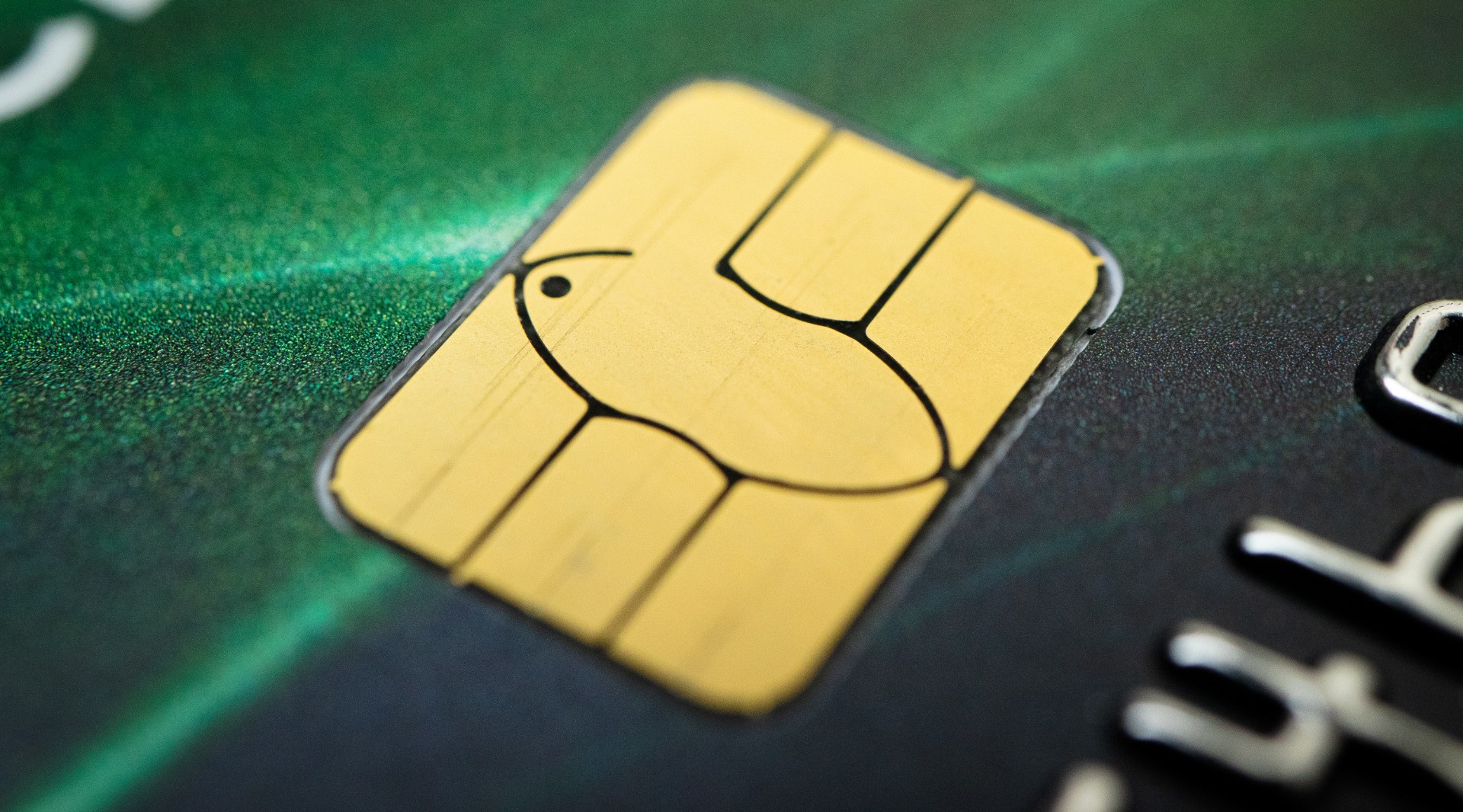The unassuming plastic rectangle in your wallet holds immense power. It unlocks a world of instant gratification, from lattes to laptops. But behind the convenience lies a hidden cost: the swipe fee, a transaction tax levied on every credit card purchase. These fees, quietly rising in the background, have become a point of contention, with the Credit Card Competition Act (CCCA) threatening to disrupt the status quo.
The story goes like this: Visa and Mastercard, the reigning monarchs of the credit card kingdom, control a staggering 80% of the market. They act as the tollbooth operators, collecting a fee every time a card is swiped. This system, once a well-oiled machine, is starting to sputter. The fees, once a whisper in the margins, are now a booming chorus, reaching a record $172 billion annually. This translates to a hefty bill for both businesses, who absorb the fees, and consumers, who ultimately face higher prices.
The Merchants Payments Coalition (MPC) has emerged as the David in this financial Goliath battle. They argue that the lack of competition in the credit card network allows Visa and Mastercard to dictate swipe fees with impunity. The CCCA, their proposed weapon, aims to level the playing field. Here's the plan: by forcing large banks to allow transactions to be routed through competing networks like NYCE or Discover, the CCCA hopes to ignite a spark of competition. This, in turn, could lead to a domino effect, with lower swipe fees trickling down to both businesses and consumers.
But is the CCCA a knight in shining armor, or a misguided attempt to disrupt a well-functioning system?
The credit card industry paints a different picture. They argue that the current system fosters innovation and security, with swipe fees funding the infrastructure that keeps our financial transactions safe. They warn that disrupting this delicate balance could lead to a Wild West scenario, with smaller, less secure networks taking a foothold.
The debate hinges on a fundamental question: who truly benefits from the current system? The convenience of credit cards is undeniable, but at what cost? The MPC argues that the convenience comes at the expense of small businesses, who struggle to absorb rising swipe fees. These fees, they claim, are ultimately passed on to consumers, adding a hidden tax to everyday purchases. This, they argue, disproportionately affects low-income families who rely on credit cards to manage their budgets.
However, the credit card industry counters that the swipe fee system incentivizes issuers to offer rewards programs and other perks that attract customers. They argue that a decrease in swipe fees could lead to a decline in these benefits, potentially leaving consumers worse off.
What happens if the Credit Card Competition Act passes?
The potential impact of the CCCA extends beyond the realm of swipe fees. It could reshape the entire retail landscape. Lower fees could incentivize businesses to offer lower prices, potentially sparking a price war that benefits consumers. Additionally, with more competition in the network space, new players could emerge, offering innovative payment solutions tailored to specific needs. This could lead to a more dynamic and customer-centric retail environment.
Of course, the CCCA isn't a magic bullet. The road to lower swipe fees could be bumpy. Smaller networks may lack the infrastructure and security features of established players. Additionally, the credit card industry may adapt, finding new ways to recoup lost revenue.
Conclusion
The battle over the CCCA is only a small part of a larger debate about competition and consumer protection. It raises questions about the role of government in regulating financial markets and the delicate balance between innovation and stability. Whether the CCCA ushers in a retail revolution or simply creates a minor inconvenience for credit card companies remains to be seen. But one thing is certain: the days of the swipe fee status quo may be numbered. The future of plastic may be about to get a whole lot more interesting.

















